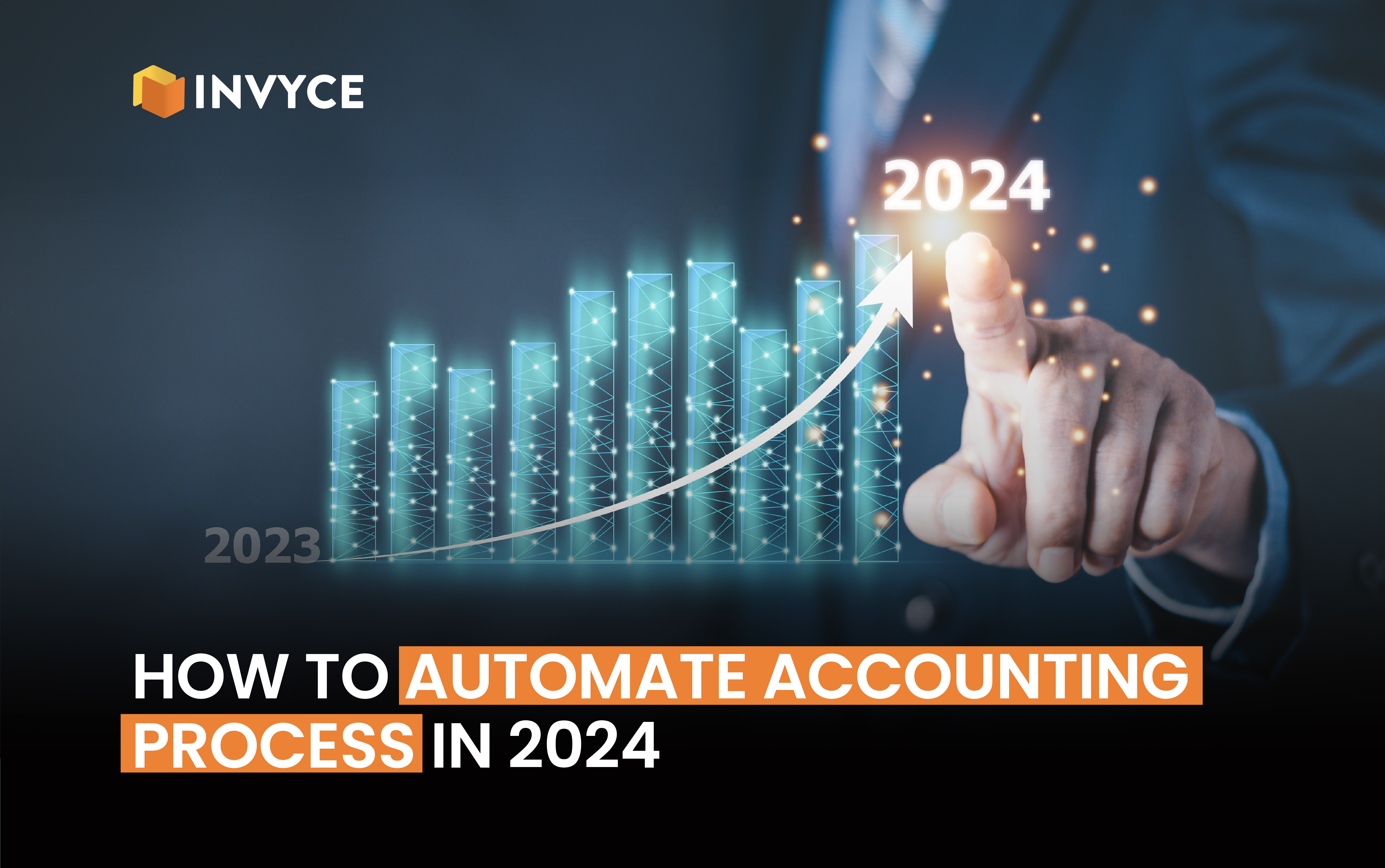27 May

Efficiency and accuracy in financial management are essential for entrepreneurs and business owners. In the fast-paced world of modern business, accounting automation emerges as a pivotal tool for enhancing productivity and streamlining operations. By 2024, using automation in accounting processes will become more important than ever. This comprehensive guide aims to equip entrepreneurs with insights, strategies, and best practices tailored to master accounting automation and drive success in the digital age.
Table of Contents
Understanding Accounting Automation
The Evolution of Accounting Automation:
The evolution of accounting automation traces a path from traditional manual bookkeeping methods to modern digital solutions. Initially, businesses relied on manual ledger books and paper-based records to track financial transactions. However, with advancements in technology, accounting automation has undergone a significant transformation. Today, cloud-based accounting software and AI-driven systems have revolutionized the way businesses manage their finances. This evolution reflects a shift towards more efficient, accurate, and scalable methods of accounting, empowering organizations to streamline processes and adapt to the demands of the digital age.
The Benefits of Automation:
Automation in accounting delivers a multitude of benefits critical for modern business success. By streamlining repetitive tasks, it boosts efficiency, allowing resources to be allocated more strategically. Automation also enhances accuracy by reducing the risk of human error, fostering trust in financial reporting. Moreover, it drives cost savings through optimized workflows and scalability, ensuring businesses can adapt to evolving needs seamlessly. Overall, automation empowers organizations to stay competitive and agile in an increasingly digital world.
Implementing Accounting Automation
Assessing Your Needs:
Before starting the automation journey, it’s essential to assess your current accounting processes thoroughly. Identify pain points and areas for improvement to tailor your automation strategy to your business’s specific requirements and objectives.
Selecting the Right Tools:
Choosing the right accounting software is of utmost importance. Consider factors such as functionality, scalability, user-friendliness, and integration capabilities when evaluating potential solutions. Whether opting for industry leaders like QuickBooks, Xero, Invyce, or specialized platforms, ensure alignment with your business needs.
Customizing Your Workflow:
Design a customized workflow that uses automation to streamline key accounting processes. From invoicing and expense tracking to financial reporting, identify opportunities to automate tasks and enhance efficiency. Integration with complementary business applications further optimizes workflow efficacy.
Taking advantage of Advanced Technologies
Artificial Intelligence and Machine Learning:
AI and machine learning technologies offer transformative capabilities in accounting. These technologies can analyze vast datasets, and uncover insights, trends, and anomalies to inform strategic decision-making. Explore applications such as predictive analytics and fraud detection to gain a competitive edge.
Blockchain Technology:
Blockchain’s transparency, security, and immutability make it a promising tool for accounting. Consider leveraging blockchain for applications such as supply chain management, digital identity verification, and smart contracts to enhance security and streamline processes.
Best Practices for Success
Continuous Learning and Adaptation:
In the rapidly evolving landscape of accounting technology, continuous learning is key. Encourage a culture of innovation within your organization, facilitating participation in training programs and industry events to stay abreast of emerging trends and technologies.
Data Security and Compliance:
Prioritize data security and compliance with industry regulations to safeguard sensitive financial information. Implement robust cybersecurity measures, including encryption and multi-factor authentication, to mitigate the risk of data breaches and ensure regulatory compliance
Collaboration and Communication:
Foster collaboration and communication among your accounting team and key stakeholders. Utilize collaborative tools and platforms to facilitate real-time communication and information sharing, promoting alignment and transparency across departments. Two effective communication tools for achieving this objective are Slack and Microsoft Teams.
Conclusion
As we navigate the complexities of modern business in 2024, accounting automation emerges as a cornerstone for success. By understanding the benefits of automation, selecting the right tools, leveraging advanced technologies, and adopting best practices, entrepreneurs can unlock the full potential of accounting automation. Embrace the transformative power of automation, and propel your business to new heights of efficiency and profitability in the digital era.
Shabana has been a committed content writer and strategist for over a 5 years. With a focus on SaaS products, she excels in crafting compelling and informative content.
Related Post
Copyright © 2024 – Powered by uConnect



Shabana